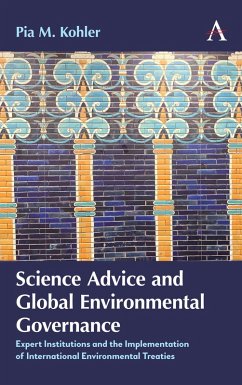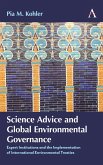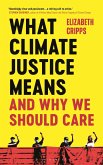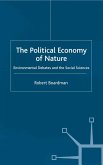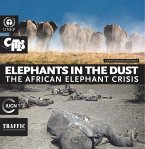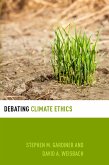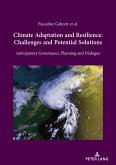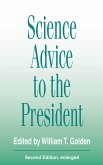"Science Advice and Global Environmental Governance" examines expert committees established to provide science advice to multilateral environmental agreements. By focusing on how these institutions are sites of coproduction of knowledge and policy, this work brings to light the politics of science advice and details how these committees are contributing to an emerging global environmental constitutionalism.
Grounded in participant observation, elite interviews and document analysis, "Science Advice and Global Environmental Governance" uses the lenses of the body of experts, body of knowledge, and institutional body to focus on three features of design. Who are the experts being asked to provide advice? What types of knowledge are considered beyond the bounds of the committee and how is this determined? What rules and norms are developed to govern how the committee carries out its work?
The empirical chapters lay out three illustrations: controversy over the continued use of methyl bromide despite it being scheduled for a ban under the Montreal Protocol on Substances That Deplete the Ozone Layer, a series of votes by the Persistent Organic Pollutants (POPs) Review Committee when determining whether the pesticide endosulfan should be banned under the Stockholm Convention on POPs and a decade of institutional innovation in an effort to revamp the provision of science advice to the UN Convention to Combat Desertification.
Grounded in participant observation, elite interviews and document analysis, "Science Advice and Global Environmental Governance" uses the lenses of the body of experts, body of knowledge, and institutional body to focus on three features of design. Who are the experts being asked to provide advice? What types of knowledge are considered beyond the bounds of the committee and how is this determined? What rules and norms are developed to govern how the committee carries out its work?
The empirical chapters lay out three illustrations: controversy over the continued use of methyl bromide despite it being scheduled for a ban under the Montreal Protocol on Substances That Deplete the Ozone Layer, a series of votes by the Persistent Organic Pollutants (POPs) Review Committee when determining whether the pesticide endosulfan should be banned under the Stockholm Convention on POPs and a decade of institutional innovation in an effort to revamp the provision of science advice to the UN Convention to Combat Desertification.
Dieser Download kann aus rechtlichen Gründen nur mit Rechnungsadresse in A, D ausgeliefert werden.

